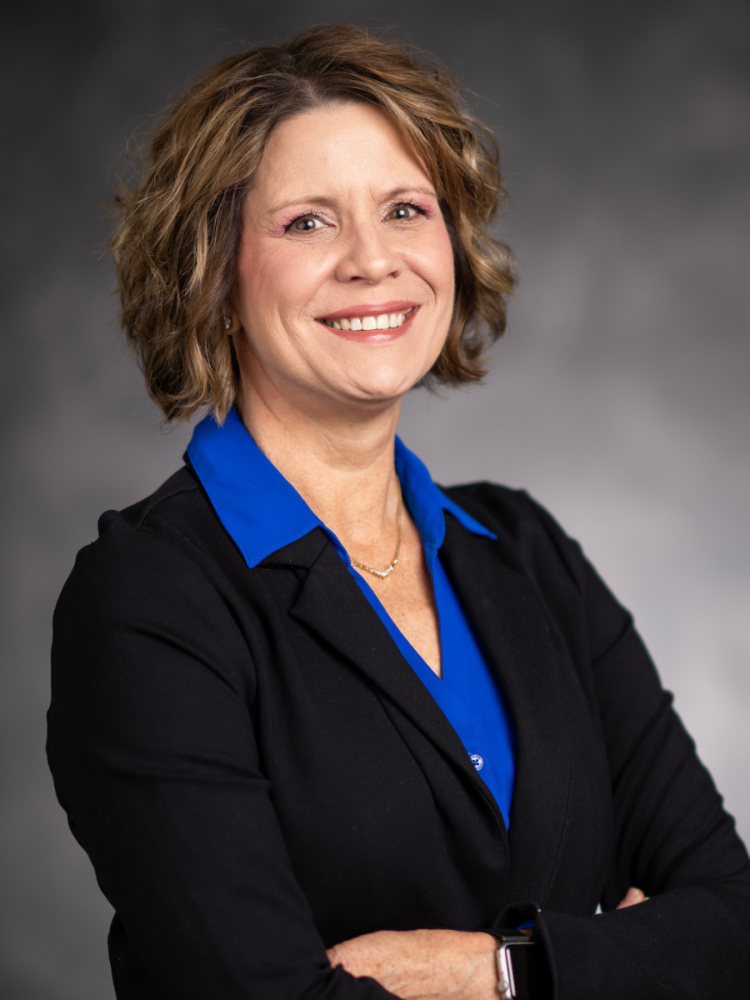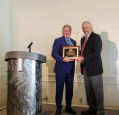McElroy named to lead Texas A&M poultry science department
The current interim department head, Audrey McElroy, is the new head of the Texas A&M College of Agriculture and Life Sciences Department of Poultry Science.
“We already have a strong legacy and reputation, but I want this to be the best poultry science department in the country,” she said. “I look forward to creating more opportunities in service of our collective research, education and outreach missions.”
The department is well-aligned among other US poultry programs but positioning it as the worldwide leader in poultry science research, education and outreach will take effort and investment, she continued.
Her primary goal is to provide a productive environment for faculty, staff, and students. This will require a commitment to excellence and purposeful stakeholder engagement, including partnerships with the poultry industry, state and federal policy makers and agencies, as well as commodity and professional groups, said McElroy.
As interim head, she led various recruitment efforts and facility improvement projects, helping procure almost $6m in donations from individual and corporate donors in support of department initiatives and infrastructure.
Meanwhile, a new intestinal health facility at the US university's Poultry Science Research, Teaching and Extension Center is nearing completion, it is set to provide opportunities for cutting-edge research in support of poultry science.
Meeting the scientific needs for the spectrum of poultry production necessitates cross-discipline collaborations supported by a strong poultry science foundation, McElroy said. Increased and continued collaboration and engagement with stakeholders will strengthen the department’s dedication to such an important part of the global food supply, she added.
“Technology and production are advancing rapidly in the poultry industry and all of agriculture, including implementation of remote sensing and artificial intelligence. We have to adapt how we train the next generation of professionals and produce scientific outcomes that provide a sustainable path forward for our stakeholders.”















